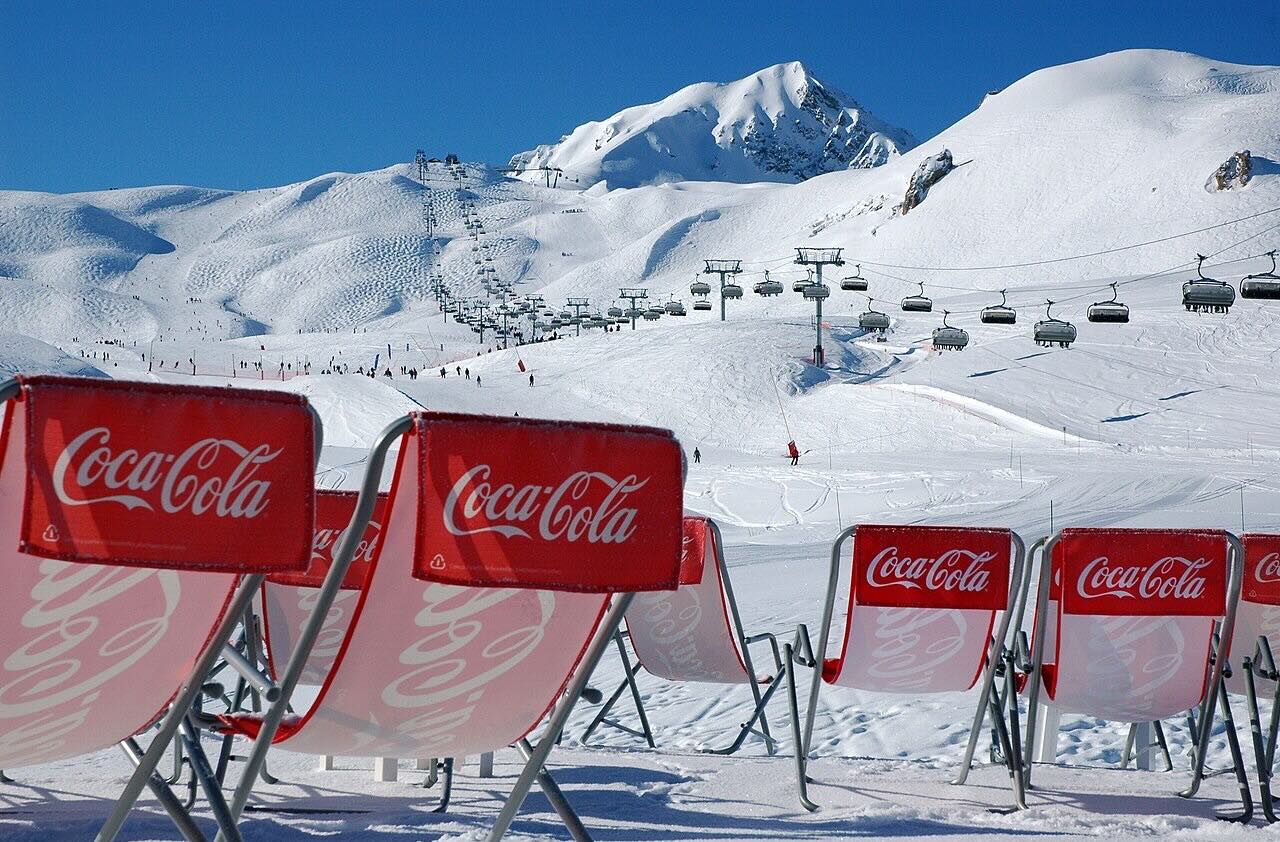
The Coca-Cola Company’s organizational culture instills core values and behaviors that support the business philosophy. This company culture (work culture) encourages workplace behaviors appropriate to the beverage business and its competitive environment. This work culture motivates employees to adhere to the long-term goals of Coca-Cola’s vision statement and mission statement, which focus on global business growth combined with corporate social responsibility. The company’s cultural traits link human resources to organizational needs and provide ways to enhance workforce performance through support for employees and long-term business goals in the consumer goods industry. Coca-Cola believes that its organizational culture provides empowerment for employees to thrive in their careers in this business.
Coca-Cola’s organizational culture reinforces the integrity of the company’s human resources. This integrity helps in withstanding the competitive issues in the consumer goods industry. These issues involve major competitors, including PepsiCo, Unilever, and Keurig Dr Pepper. Coca-Cola’s business culture helps develop human resource characteristics necessary for core competencies against these competitors.
Traits of Coca-Cola’s Culture
Coca-Cola’s organizational culture promotes a work environment that develops employees’ job performance and careers in the beverage business. The company’s cultural traits are conducive to high productivity and profitable business performance. The following traits define Coca-Cola’s organizational culture:
- Collaborative
- Growth-minded
- Inclusive
- Flexible
Collaborative. Coca-Cola’s culture encourages its employees to maintain a collaborative work environment. Collaboration optimizes knowledge sharing and organizational learning in the beverage business. For this trait of the organizational culture, the teams, groups, and divisions of Coca-Cola’s corporate structure (business structure) encourage collaboration among employees in the business organization. Thus, the company’s work culture and organizational design are interdependent in enabling strategic management in the consumer goods industry.
Growth-minded. This focus on growth reflects how Coca-Cola’s company culture addresses the need for growth in various business aspects. For example, the company motivates workers to aim for career growth as well as the growth of the beverage business. Through growth-mindedness, this organizational culture motivates workers to achieve goals and objectives relating to Coca-Cola’s competitive strategies and growth strategies. For instance, this culture promotes an innovative growth mindset for improving the company’s beverage products, such as soft drinks, and increasing their competitiveness in the global market.
Inclusive. Coca-Cola aims for an inclusive workplace that encourages diverse ideas for effective organizational learning and business growth. This trait of the organizational culture improves policies for human resource management, workplace productivity, strategic outcomes, and the overall performance of the beverage business. For example, inclusion makes this corporate culture welcoming to ideas and concerns that define Coca-Cola’s stakeholder management programs for corporate social responsibility (CSR) and environmental, social, and governance (ESG) goals. Considering these ideas and concerns makes such programs more effective in addressing issues relevant to the beverage business.
Flexible. Coca-Cola promotes flexibility through its organizational culture. The company supports work-life balance through this cultural trait. For example, flexibility in the workplace allows employees to align their schedules inside and outside the workplace. Through flexibility, this business culture also enables Coca-Cola’s human resource capabilities for strategic alignment with current and emerging trends in the beverage market, including social and ecological factors. This trait of the corporate culture optimizes human resource flexibility in accounting for such trends significant to Coca-Cola.
Effects of Coca-Cola’s Organizational Culture
The collaboration, flexibility, and growth-mindedness achieved through this company culture strengthens Coca-Cola’s business organization and its competitive advantages in the global market. These traits of the organizational culture promote workplace behaviors for high-quality job performance and human resource support for core competencies and competitive advantages suited to the beverage business. Some aspects of marketing capabilities depend on human resource support from Coca-Cola’s work culture. For example, cultural traits influence personnel support for public relations campaigns and related programs.
References
- Shulman, J. D., & Gu, Z. (2024). Making inclusive product design a reality: How company culture and research bias impact investment. Marketing Science, 43(1), 73-91.
- The Coca-Cola Company – Career Development.
- The Coca-Cola Company – Form 10-K.
- The Coca-Cola Company – Life at Coca-Cola.
- Wyland, R., Hanson-Rasmussen, N., & Clark, F. (2024). The structure-culture alignment activity: Aligning organizational structure elements with diversity, equity, and inclusion cultural values. Journal of Management Education, 48(1), 141-167.